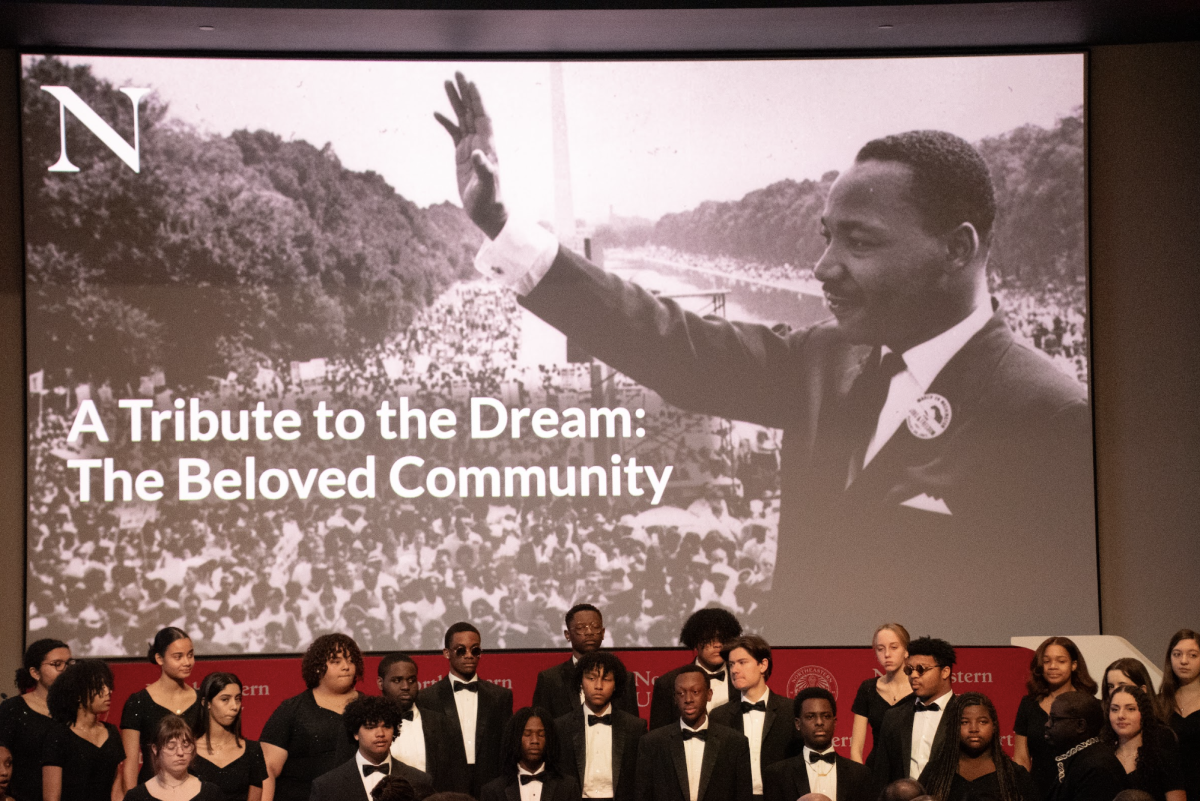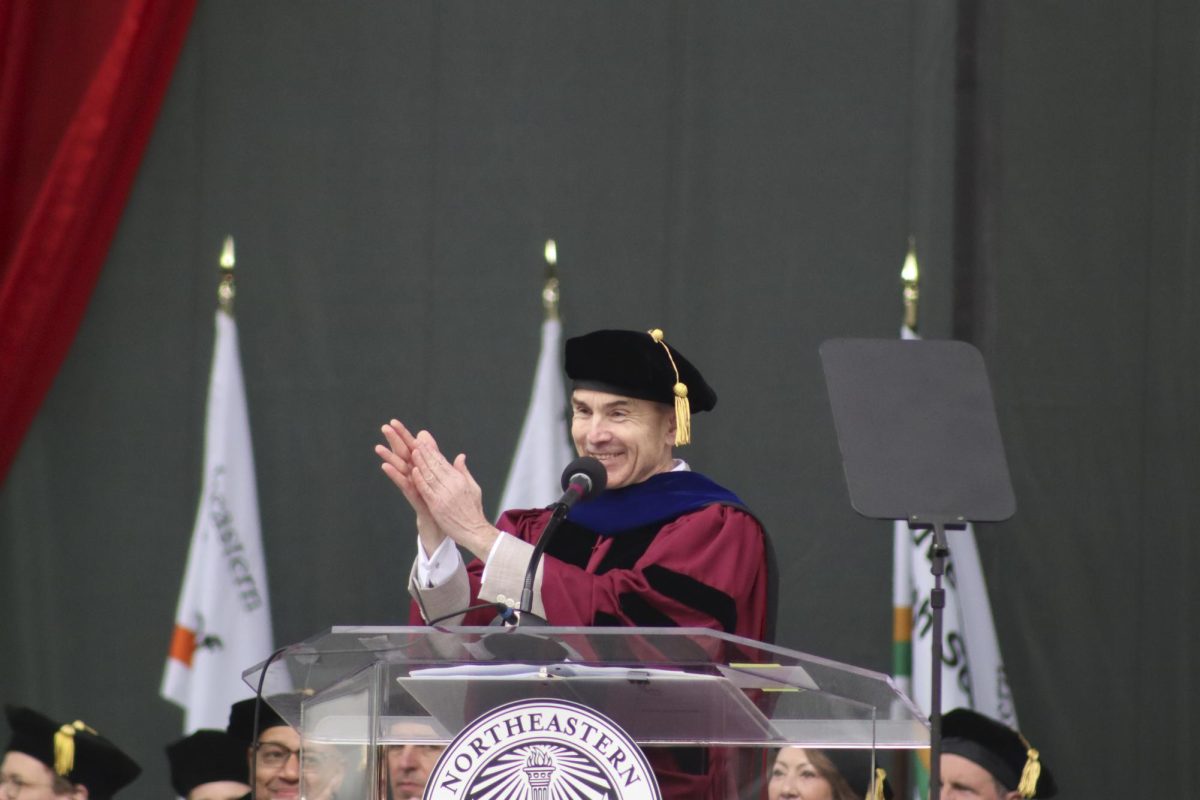By Anna Rice, News Staff
A review of the Massachusetts Bay Transportation Authority (MBTA) found the organization lacks $543 million in funding for 51 projects that would address critical safety issues.
As of August, the MBTA owed $5.2 billion in debt.
The independent review, written by former John Hancock chief David D’Alessandro and commissioned by Governor Deval Patrick, found that a large concentration of MBTA vehicles, including 10 Green Line cars, are either approaching or have already surpassed their ‘useful life.’ The report was released Nov. 1.
The 10 Green Line cars are called President’s Conference Committee (PCC) cars and have been used since as early as 1945. Their useful life is 25 years, and some have been in service for 64 years, according to the review.
MBTA spokesperson Lydia Rivera told The News the PCC cars are used on all branches of the Green Line.
‘They are spread out throughout the system,’ Rivera said. ‘Some may be linked with newer cars and most of them have been refurbished.’
But according to the review, a partial overhaul of specific systems, like the PCC cars, ‘doesn’t address all the maintenance necessary to ensure optimal performance.’
Another safety project backlogged because of a lack of funding is fixing the floating slabs of concrete and tunnel leak repair project between Alewife and Harvard stations on the Red Line. Leaking has caused slabs to deteriorate and corroded the fasteners that attach the track to the concrete. In some areas, the track is moving out of alignment, which could possibly cause a train derailment. This project would cost $80 million, according to the review.
The review said the MBTA must devote ‘significant funds’ to maintenance and safety improvements in years to come in order to maintain a system that is safe and reliable for riders.
However, the MBTA’s Fiscal Year 2010 budget faced a deficit of $186 million, which was resolved with $26 million in budget cuts and $160 million in new sales tax revenues authorized by the Legislature, according to the review. Where money to fund equipment repairs would come from is uncertain.
‘A private sector firm faced with this mountain of red ink would likely fold or seek bankruptcy,’ the review states.
After the review was released, Patrick announced that there would be no fare increases ‘for the next year or two, longer if possible.’
The MBTA raised fares three times in the last eight years, resulting in a $95 million gain, according to the review. Asking for another increase ‘defies credibility,’ it said, because the public deserves evidence that the MBTA is improving safety and service instead of deteriorating further.
Rivera said there is no timeline for repairs yet, and that the MBTA has hired another company that will review the 51 safety-critical projects to make sure they were classified correctly as far as needing immediate attention.
Many students interviewed had not heard about the MBTA review, but most said they would still ride the T because it is the easiest way to get around the city.
Steven Cardoso, a junior chemical engineering major, said that even if the MBTA is not as safe as possible, he will still ride it sometimes because of convenience.
‘If [the Green Line] is properly maintained, then I guess it’s fine,’ Cardoso said. ‘But if they’re kind of cutting corners then it’s definitely not safe at all.’
Drew Pickul, a sophomore business major, said he already avoids taking the Green Line because it is slow. He said he usually takes the Orange Line or other methods of transportation.
‘If improving it would improve the speed, then I would take the Green Line more,’ Pickul said.








